How Does a VPN Operate?
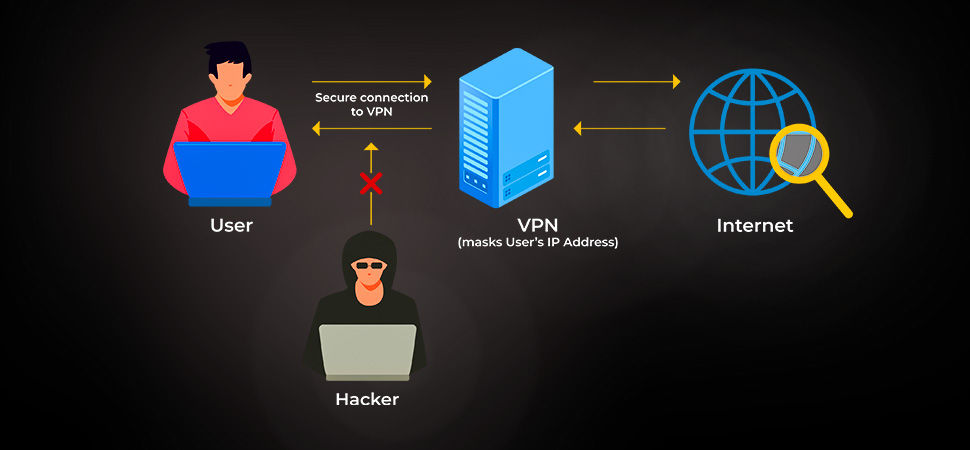
When you connect, the VPN server assigns your device a new IP address, masking the original IP address. This process creates a secure tunnel between your device (a smartphone, laptop, or computer) and the VPN server, which is encrypted. The encryption means that no one can access your surfing activity with a third-party device without the proper encryption codes.
A VPN server could be located anywhere in the world. A provider usually has multiple servers in different locations, allowing users to bypass geographical restrictions on websites in their home country. For instance, if you connect to a server in France from the US, you appear to be accessing the internet from France, with the server acting as an intermediary between you and the website.
5 Things to Consider
Before you stumble on “how to choose a VPN?” there are a few things you should consider before making a purchase. Here’s what you need to know:
-
1. Security and Privacy
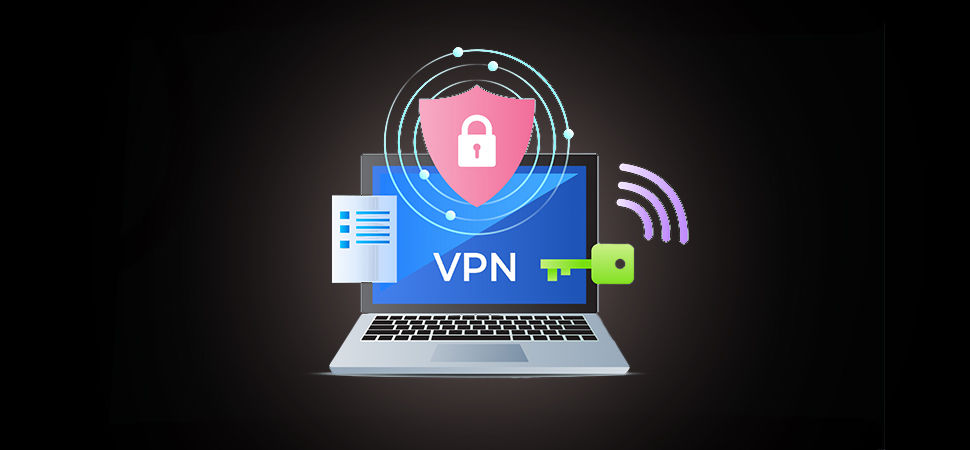
Security is the primary reason why VPNs were developed. It ensures that nobody can intrude into your privacy and your time online is safe. There are free and paid versions. The free VPNs usually trade your information to third-party apps for advertising and earning money. The paid versions are generally safer and do not sell your browsing information.
Even if a VPN masks your IP address and clears your tracks, the information is still stored and transmitted in VPN servers in encrypted form. An Advanced Encryption Standard (AES) with a 256-bit key provides the highest level of security. The key refers to the length of the encryption. A 265-bit key is impossible to hack, even for most advanced computers.
-
2. Speed

When you connect your device to a VPN, it slows down your internet speeds. This can be a hassle if you are a gamer or perform real-time actions online, where internet speeds can be a deal breaker. Even if you use a VPN for everyday surfing, you might experience lags and buffering.
While using a VPN, you become visible to your Internet Service Provider (ISP). This can affect browsing speeds depending on the traffic. Its servers operate from various locations around the world. Aim to choose a provider with a proven track record of good performance even when connected to a faraway server.
-
3. Number of Servers

A provider with more servers can provide faster web connections and speed as each server has less load. If a server goes down, alternate servers can replace it without affecting your online experience. More servers also mean broader global coverage, improving bandwidth and providing reliable connections. In short, you have more server options to spoof your virtual location.
However, there is a flip side to this. Providers rent servers from thousands of vendors all around the world. Naturally, there needs to be more control over the internal systems. Keeping track of such a vast infrastructure takes work. So the next time you choose a provider, consider the one with a fairly huge network with only locations you need instead of the one with maximum servers.
-
4. Supported VPN Protocols
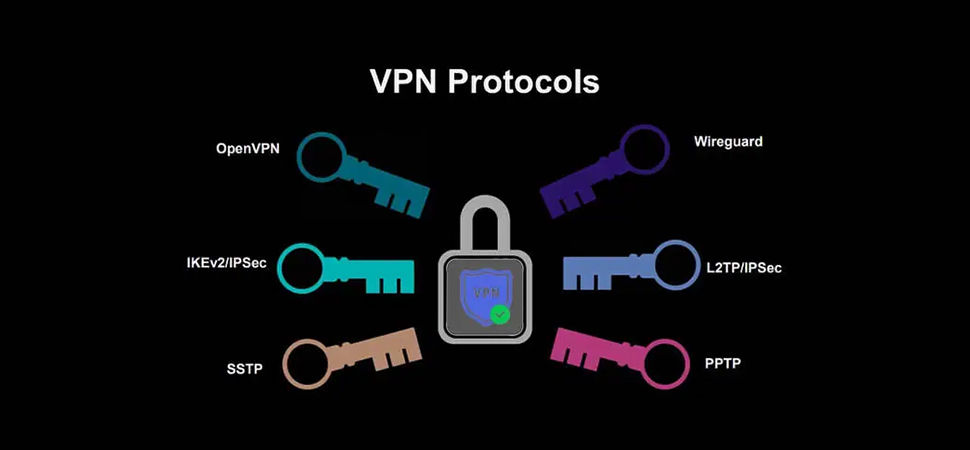
VPN protocol refers to a set of guidelines that tell how data is to be enclosed and transmitted in a private network. There are complex and task-specific protocols that boost your security but reduce transmission speeds. Others are faster and more accessible but at the cost of reduced encryption. Some of the popular protocols are:
-
OpenVPN- Most secure of all
-
IKEv2/IPSec- Good for mobile applications as it can switch quickly between multiple servers
-
WireGuard- Known for its speed and reliability.
Sometimes, you have to prioritize speed over security and vice-versa. Providers that support multiple protocol options can give users exactly what they want.
-
-
5. Customer Support and Payment Options
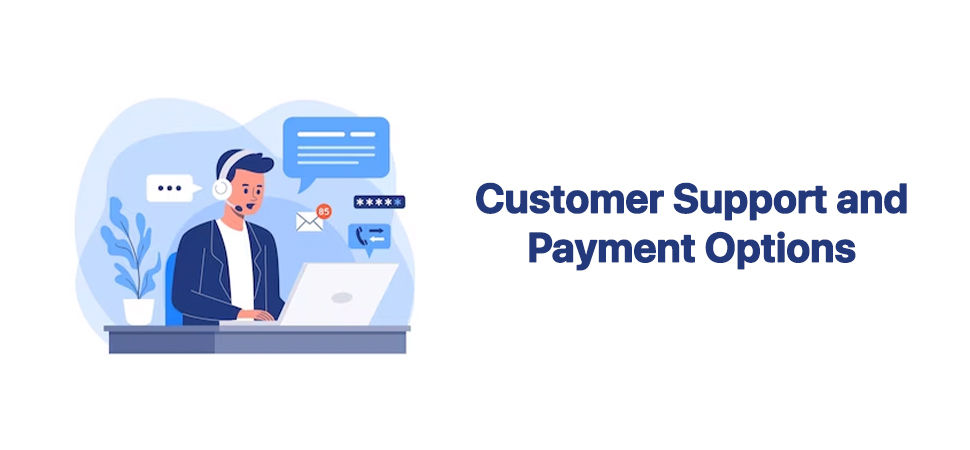
VPNs are complex and often require troubleshooting and guidance. A good customer support team will resolve your issues, from connection problems to software bugs, and configure the app for optimal performance, especially for less tech-savvy customers. Choose a VPN provider with multiple contact channels- like web and call support, live FAQ section, etc.
Many VPN servicers accept safe payment options like credit/debit cards or a digital wallet. Look for convenience and accessibility when paying for your VPN, as some payment options might be unavailable due to location. Always choose a trusted name with a proven track record and knowledge of its job.
To summarize, virtual private networks are a powerful safeguard for online activities. Multiple factors, such as speed, security, convenience, and protocols, must be considered before choosing the best VPN provider for your device. Understanding how VPN works and how the servers secure the transmission of your data is important before deciding on a provider. You might prioritize speed over security or convenience over price and vice-versa. See what VPN provider fits your needs best and choose accordingly. Browse safe!


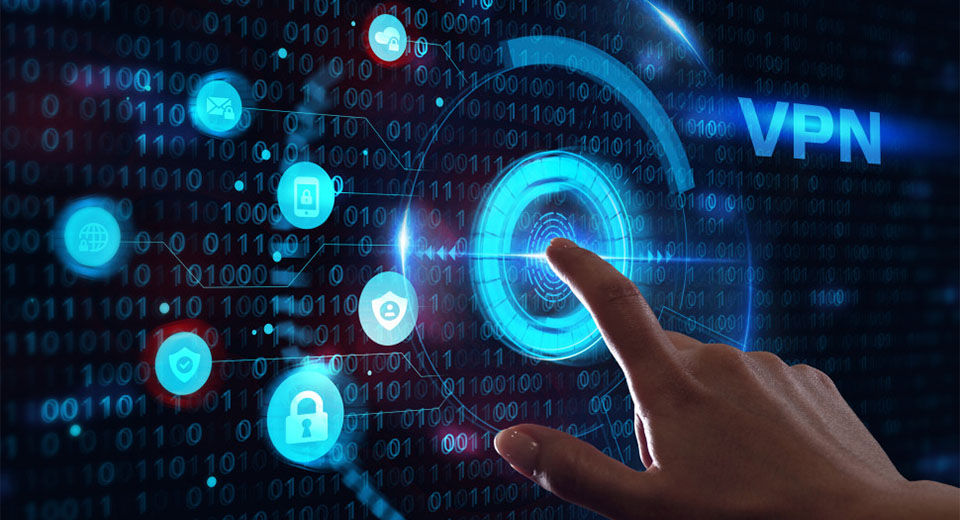
.jpg?updatedAt=1735200955338)






.jpg?updatedAt=1735197007532)